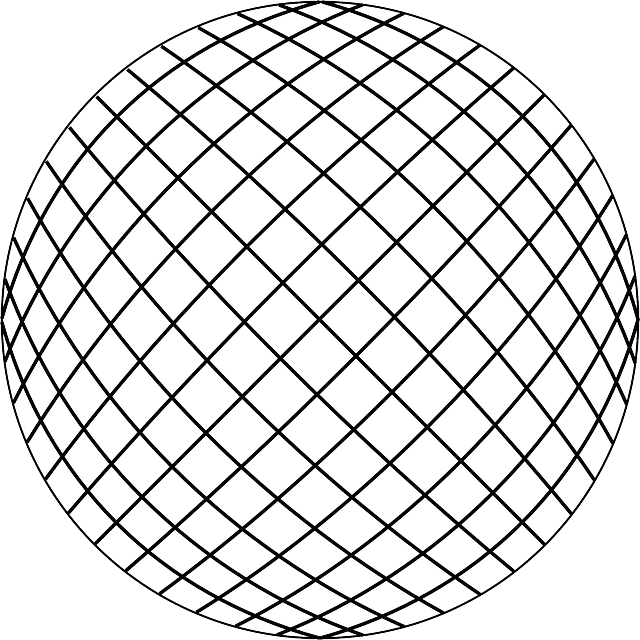Kratom contains a wealth of vitamins and minerals, with zinc standing out for its pivotal role in wound healing. Zinc supports cellular growth, proliferation, and collagen production, which are crucial for repairing tissues after injury. It helps regulate inflammation to prevent excessive scarring and bolsters the immune system to protect against infection during the healing process. Additionally, zinc maintains cell membrane integrity and aids in restoring skin strength and flexibility. Its involvement in DNA synthesis and protein production further supports wound healing. When combined with Kratom's bioactive compounds like mitragynine and 7-hydroxymitragynine, zinc enhances the body's natural healing mechanisms, making it a promising addition to complementary wound care treatments. Clinical research suggests that zinc within Kratom can reduce infection risks, expedite tissue regeneration, and improve overall wound healing outcomes. Further studies are needed to fully understand how integrating Kratom's vitamins and minerals with zinc can optimize wound care treatment plans.
Zinc, a vital mineral often overshadowed by its nutrient counterparts within the realm of health supplements, emerges as a pivotal player in the process of wound healing. Its role extends beyond Kratom’s well-known vitamins and minerals profile, offering a multifaceted approach to accelerating recovery. This article delves into the mechanisms by which zinc contributes to wound repair, integrates its benefits into effective care strategies, and underscores the significance of this element in promoting healthy tissue regeneration. Through a comprehensive examination of Kratom’s nutritional components and their impact on wound healing, readers will gain valuable insights into leveraging this natural substance for optimal recovery outcomes.
- Unveiling the Healing Power of Zinc in Wound Repair: A Look Beyond Kratom's Vitamin and Mineral Profile
- The Role of Zinc in Accelerating Wound Healing: Insights from Kratom's Nutritional Composition
- Integrating Zinc into Wound Care Strategies: Leveraging Kratom's Holistic Benefits for Effective Healing
Unveiling the Healing Power of Zinc in Wound Repair: A Look Beyond Kratom's Vitamin and Mineral Profile

Zinc, a vital micronutrient often discussed in the context of Kratom’s vitamins and minerals profile, plays a pivotal role in the process of wound repair. Its presence is not merely supportive but integral to the healing mechanism. Zinc acts as a cofactor for various enzymes that are crucial to cellular growth and proliferation, which are essential steps in the regeneration of new tissue following injury. The nutrient’s anti-inflammatory properties help to modulate inflammation at the wound site, which is a delicate balance necessary for effective healing without scar formation. Furthermore, zinc supports immune function, which is vital for preventing infection and ensuring that the healing process proceeds unimpeded. In this context, the role of zinc extends beyond its inclusion in Kratom’s nutritional profile; it is a key player in the biological processes that facilitate wound closure and tissue remodeling.
In addition to its enzymatic functions, zinc influences wound healing by maintaining the integrity of the cell membrane and promoting collagen synthesis. Collagen is a structural protein that provides strength and flexibility to wounded tissues as they heal. Zinc’s influence on skin integrity contributes to the repair of epithelial barriers, which are the first line of defense against environmental insults and pathogens. The nutrient’s role in DNA synthesis and protein production further underscores its significance in wound healing. It is a critical component that supports the body’s natural ability to restore damaged tissues, and its inclusion in Kratom’s profile can potentially enhance this process when used appropriately and under professional guidance. Understanding the multifaceted role of zinc within the framework of Kratom’s vitamins and minerals is essential for appreciating how these compounds may contribute to wound healing and overall health.
The Role of Zinc in Accelerating Wound Healing: Insights from Kratom's Nutritional Composition

Zinc plays a pivotal role in the biological process of wound healing, and its presence is particularly notable within the nutritional composition of Kratom, a botanical alkaloid-rich substance. This essential trace mineral contributes to cellular repair mechanisms by modulating growth factor production, which are crucial for tissue regeneration. Zinc’s role extends to its ability to maintain collagen synthesis and protect against oxidative stress, both of which are vital for the formation of new skin tissue and the overall healing process. Kratom, known for its rich profile of vitamins and minerals, including zinc, may therefore offer supportive benefits for wound repair when integrated into a well-balanced diet or as part of a holistic health regimen. The bioactive compounds found in Kratom, such as alkaloids like mitragynine and 7-hydroxymitragynine, work synergistically with zinc to support the body’s natural healing processes, potentially accelerating wound closure and enhancing recovery times.
Furthermore, the anti-inflammatory properties associated with Kratom’s vitamin and mineral content, particularly its zinc content, may help in reducing inflammation at the site of injury, an aspect that is critical for unhindered healing. Zinc also supports immune function, which is crucial since wounds can become sites of infection, and maintaining a robust immune response is key to preventing such complications. The integration of Kratom within the context of wound care management, therefore, may provide additional support for individuals undergoing the healing process, particularly in scenarios where traditional treatments are insufficient or as part of an alternative therapy approach.
Integrating Zinc into Wound Care Strategies: Leveraging Kratom's Holistic Benefits for Effective Healing

Zinc, a vital nutrient within the family of vitamins and minerals, plays a pivotal role in wound healing by modulating immune responses and supporting collagen synthesis. Its incorporation into wound care strategies is well-documented, with research highlighting its ability to reduce infection risk, enhance cellular repair mechanisms, and accelerate tissue regeneration. Kratom, a botanical source of nutrients, including zinc, has garnered attention in the holistic health community for its potential benefits in wound care. The alkaloids found in kratom may work synergistically with zinc to promote healing, potentially offering a dual-action approach that supports both immune function and tissue repair. This synergy could be particularly advantageous in chronic or hard-to-heal wounds, where conventional treatments may face challenges. By integrating kratom’s holistic benefits alongside zinc’s proven efficacy, healthcare practitioners can explore a novel avenue for enhancing wound care outcomes, offering patients a complementary option that leverages the natural healing properties of both zinc and kratom’s vitamins and minerals. Clinical studies are warranted to further elucidate the mechanism of action and efficacy of such an approach, ensuring safe and effective integration into comprehensive wound care strategies.
Zinc’s role in wound healing, often overshadowed by its status as one of Kratom’s many vitamins and minerals, emerges as a pivotal factor in the recovery process. This article delved into the mechanisms behind zinc’s acceleration of wound repair, highlighting its integration into comprehensive wound care strategies that harness Kratom’s holistic benefits. As a critical nutrient, zinc not only aids in tissue regeneration but also modulates immune responses, making it an indispensable component for effective healing. Healthcare providers and patients alike can benefit from recognizing the full spectrum of Kratom’s vitamins and minerals, particularly zinc, to promote healthier wound outcomes.






